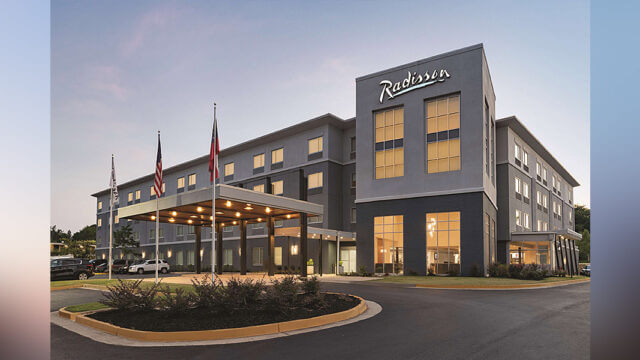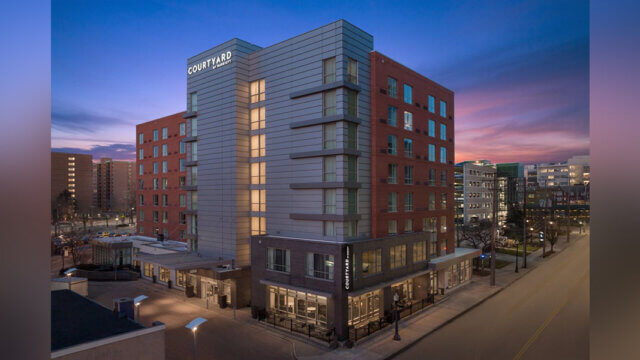BETHESDA, MD—Host Hotels & Resorts Inc. has reported its results for the fourth quarter and the full year for 2019, citing revenue losses, an increase in RevPAR and portfolio additions.
James F. Risoleo, president/CEO, said, “We executed large, value-enhancing strategic capital allocation transactions in 2019 as we capitalized on favorable market conditions to sell 14 properties for $1.3 billion and returned $1.1 billion to stockholders through dividends and share repurchases.”
Among the highlights:
- Total revenues decreased 2.0% for the quarter and 1.0% for the full year due to the net effect of acquisitions and dispositions, which led to reductions in revenue of $61 million and $116 million for the quarter and full year, respectively, which was partially offset by the improvement in total revenues on a comparable hotel basis.
- Comparable hotel total RevPAR increased by 1.9% for the quarter and 1.0% for the full year, on a constant dollar basis.
- Net income decreased $225 million, to $81 million, for the quarter, and $219 million, to $932 million, for the full year, primarily due to an increase in interest expense related to the prepayment premiums for the company’s senior notes and a decrease in other gains/losses of $231 million and $562 million for the quarter and full year, respectively, related to asset sales. These decreases were partially offset by additional tax expense and the impairment expense in 2018. Hotel operating results were little changed from the prior year.
- Approximately 35 million shares were repurchased for $609 million from May 2019 through Feb. 18, 2020.
- The company further strengthened the only investment grade balance sheet among lodging REITs by refinancing $650 million of existing senior notes and expanding the borrowing capacity to $1.5 billion under the company’s revolving credit facility. The company has no significant debt maturities until 2023 and a weighted average interest rate of 3.8%.
- GAAP operating profit margin decreased 140 basis points for the quarter driven by an increase in depreciation expense and corporate expenses. For the full year, GAAP operating profit margin increased 500 basis points, due to a reduction in depreciation expense, as 2018 included impairment expense of $260 million.
- Diluted earnings per common share decreased 73.2% and 14.3% for the quarter and the full year, respectively.
Risoleo continued, “We further upgraded the quality of our portfolio by acquiring the iconic 1 Hotel South Beach at an attractive valuation multiple and completing renovations at four properties as part of the Marriott transformational capital program. Moreover, we continued to strengthen our best-in-class investment-grade balance sheet by increasing liquidity, extending maturities and lowering our borrowing costs. Finally, we delivered solid operating margins all year long and generated our strongest comparable Total RevPAR growth for the year in the fourth quarter. We are pleased to have further strengthened our portfolio and balance sheet. In addition, given our capital allocation strategy and strong analytics platform, we are well-positioned to create long-term value for our stockholders.”
Portfolio highlights:
- Acquired the 1 Hotel South Beach, Miami for $610 million. The resort ranks among the top three in the company’s portfolio in terms of RevPAR, total RevPAR and profitability per key.
- Executed $1.3 billion of strategic asset sales by capitalizing on a favorable transaction market to sell 14 properties with relatively lower total RevPAR and higher capital expenditure requirements.
- Completed renovation projects at four of the 17 properties under its transformational capital program with Marriott International, and has six additional property renovations underway, three of which are expected to be completed in 2020. Marriott has provided additional priority returns on this investment as well as operating profit guarantees, including $23 million and an estimated $16 million in 2019 and 2020, respectively, to offset the business disruption.



